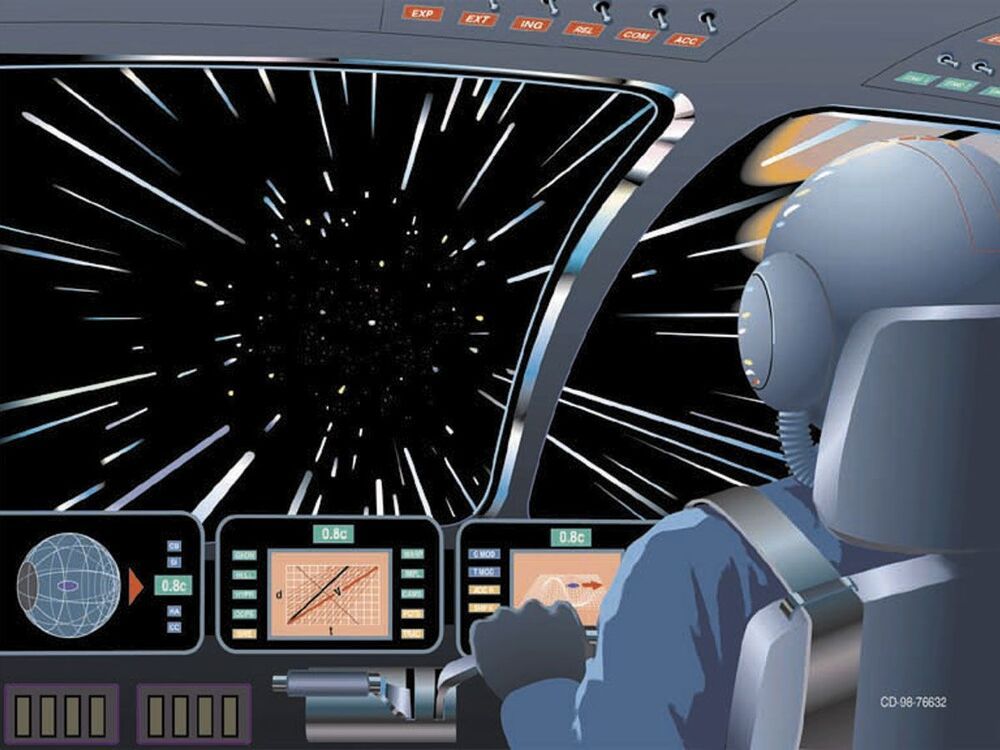A new study shows that not even cosmology can verify Einstein’s assumption about the speed of light.
Special relativity is one of the most strongly validated theories humanity has ever devised. It is central to everything from space travel and GPS to our electrical power grid. Central to relativity is the fact that the speed of light in a vacuum is an absolute constant. The problem is, that fact has never been proven.
When Einstein proposed the theory of relativity, it was to explain why light always had the same speed. In the late 1800s it was thought that since light travels as a wave it must be carried by some kind of invisible material known as the luminiferous aether. The reasoning was that waves require a medium, such as sound in air or water waves in water. But if the aether exists, then the observed speed of light must change as the Earth moves through the aether. But measurements to observe aether drift came up null. The speed of light appeared to be constant.
Einstein found that the problem was in assuming that space and time were absolute and the speed of light could vary. If instead, you assumed the speed of light was absolute, space and time must be affected by relative motion. It’s a radical idea, but it’s supported by every measurement of light’s constant speed.










Comments are closed.